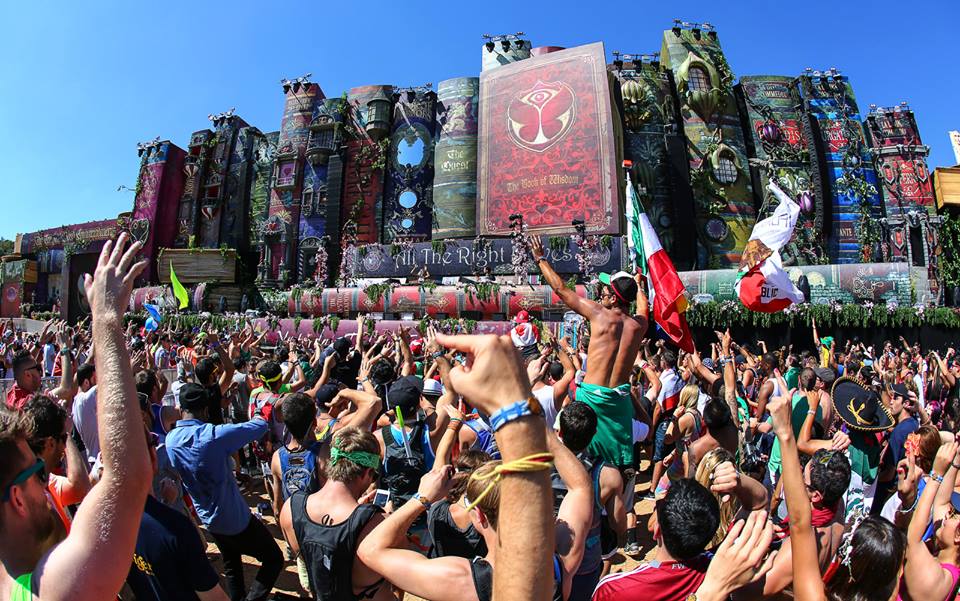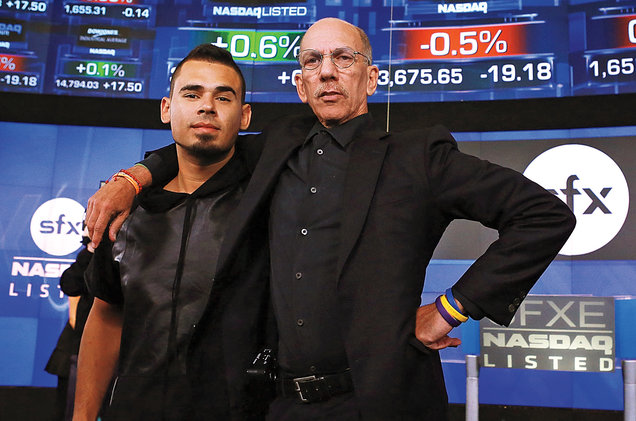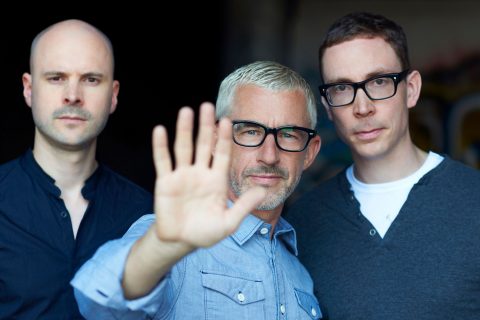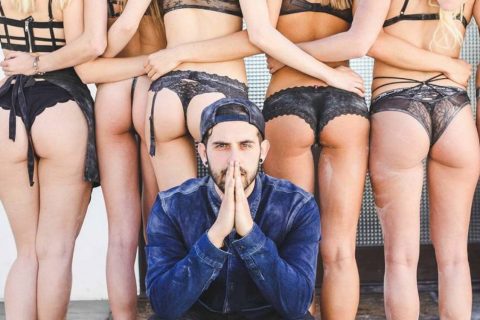Pre-face; this is an opinion piece full of just that, opinions and also some links but for the major part of this is one take on where we stand post EDM, more so in Australia. Got some different thoughts? Drop them in the comments!
Electronic dance music…say it with me now, eee-dee-emm, once more, EDM.
It really was jaw-dropping the heights that the bloated, sticky carpeted, subway scented chapter of dance music that saw DJs become globe trotting celebrities and your next door neighbour a ‘raver’ attained somewhere between 2011-2016. With it came giant festivals and electronic beats saturating mainstream radio to the point where you really couldn’t escape it, like the waft of an eggy fart on a packed dance floor.
Now that the air has cleared somewhat it seemed like no better time to grab a cuppa and biccie (not that kind) and really take stock of what the hell happened and more importantly, where we’re at now post-EDM.

Festivals
The EDM explosion spawned a hefty festival presence globally that saw major dance and electronic festivals attain atmospheric growth alongside the launch of additional titles with each boasting tens of thousands of dedicated fans year on year.
Globally there were a few casualties of the general downturn of the genre and without mainstream support and interest the a handful of festivals called it a day including TomorrowWorld and Mysteryland with others facing shaky futures.
Australian festivals also had a hard time with skyrocketing international artist fees and competition from boutique festivals – locally we lost national events Future Music and Stereosonic.
In their place has been a staggering amount of smaller, more focused events and in our eyes has led to a healthier landscape for now. It wouldn’t be overly surprising to watch any of these new kids on the block able to climb the ranks but a more cautious approach wouldn’t go astray.
There’s also no denying the return of the major festivals from international promoters to balance things out with Ultra Music and Sensation announcing their plan of attack to call Australia home.

DJs/Producers
Around the world we saw DJs really become celebrities, playing absurd parties in Ibiza and Vegas, dating socialites and selling out arena’s plus demanding some hefty fee’s for their usual hour long stints.
These DJs ventured down to Australia from time to time with confronting fees and played giant stages but the effect was lesser due to the scale needed to accomodate the artists and often their egos.
Something strange was happening during these years with local producers, it almost seemed like Australia boasted a higher percentage of really credible acts in comparison to the relatively small population.
This led to an incredibly strong export market with inroads to the UK, US and Europe and break out of acts such as Flight Facilities, Alison Wonderland, Hayden James, Flume and What so not.
This continues today with a really rich Australian offering and continued showcase of talented producers making their mark globally.

SFX Entertainment/SoundCloud
The biggest causalities of the fall out of EDM would have to be been dance conglomerate SFX Entertainment and streaming platform SoundCloud, with each taking a tumble from their top positions.
SFX Entertainment
Ex-CEO Robert Sillerman went on a spending spree buying up electronic music store Beatport ($58.6 million), festival promoters ID&T ($130 million) and ticketing start ups as part of a billion dollar plan to make SFX Entertainment the frontier in EDM.
They got as far as floating the company on the US stock exchange before the sickest drop in dance music with shares tanking from $13 to just 1c and resulted in a massive buy back and sell off of assets.
This was a real eye opener that a company, with the best globally assets failed and maybe the EDM dream was over?
SoundCloud
We’ve got a lot of love for SoundCloud, it really was a huge step forward in being able to upload and share music with potential new fans. More so in the blog world in a simple way to stream and discover music versus having to download most of it through megaupload and yousendit.
Unfortunately, the EDM boom meant everyone was a producer and soon the SoundCloud bucket was full to the brim with DIY producers sharing originals, remixes and bootlegs of anything with a beat.
This didn’t fare well with major labels who eventually pulled the rug out and took down countless unofficial remixes and bootlegs that sampled represented artists. While we can agree to an extent why they did this, a lot of relatively unknown artists did break through and ended up signed to a number of these same labels.
Today, Soundcloud is a shell of it’s former self and struggles to find backing against other streaming platforms such as Spotify and Pandora.
Radio
Tuning into the radio during the EDM boom meant copping an earful of some big ole beats from Swedish House Mafia to Avicii and everyone in between. While it wasn’t a complete domination there certainly was a representation of dance music on the airwaves enough to notice the eventual fall off when things did turn sour.
The kicker wasn’t that dance music was being under represented on the radio when the bubble popped, it just changed from producers’ real names in the titles and turned intro writing credits for bigger pop stars with that trend still continuing today.
Not a whole heap has evolved from there to the present with a number of producers including Diplo, Sinjin Hawke, Cashmere Cat and more writing for the top tier pop stars.
Conclusion
While it seemed confronting on all levels there really isn’t anything overly bad to take from the explosion of EDM.
Some new fans would have inadvertently discovered deeper sounds, interests peaked for new producers cutting their teeth and promoters vying to launch new parties.
Like any industry, things move in a cyclic nature and no doubt we’ll be seeing another boom in the not too distant future!





Comments